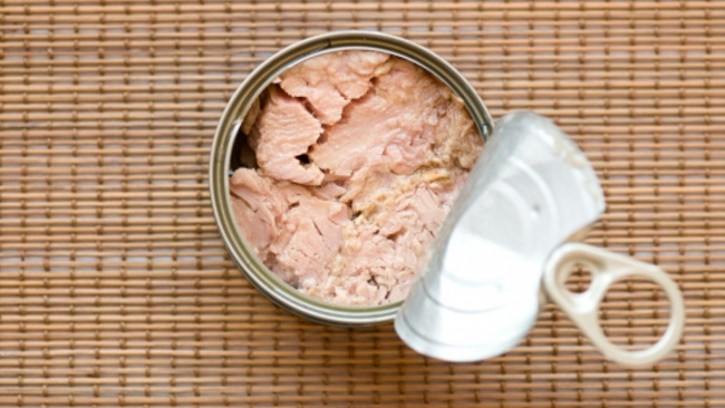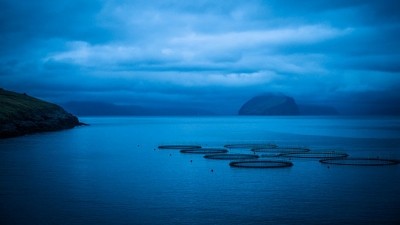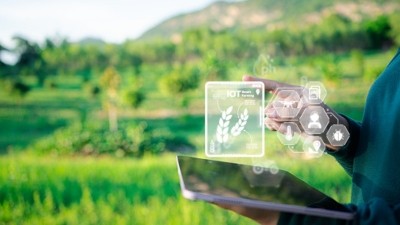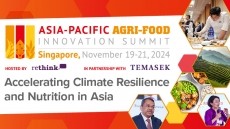Canned conquests: Thai Union sees growth bolstered by rising tuna prices and ambient product business

Thai Union recently announced its H1FY2024 financial results, reporting a 3.6% year-on-year growth in sales to THB35.3bn (US$), a 10.6% year-on-year growth in operation profit to THB1.97bn (US$), and a 14.2% year-on-year increase in Net Profit to THB1.22bn (US$).
“This has been driven by continued momentum in our Ambient business and strong performance of the Value-added and PetCare categories,” Thai Union CFO Ludovic Garnier told the floor at the firm’s latest investor update call.
“The second quarter of 2024 in particular showed accelerated sales growth and a robust [profit margin] increase to the highest level we have seen in 12 quarters [due to] favourable foreign currency exchange rates compared to the previous year as well as higher selling prices and the recovery of demand in markets such as Europe and the Middle East.
“Sales in the first half of the year were undoubtedly led by ambient products [such as] canned tuna, sardines and mackerel as well as canned and pouched salmon with over 50% of sales contributed by this category.
“Rising global tuna prices also helped with profit margins, as these prices have been steadily increasing since the beginning of the year from US$1,333 per ton in the first quarter to US$1,478 per ton this quarter – this was due to the effect of low-cost inventory as well as a corresponding increase in selling prices to align with the current market.”
The firm also highlighted its value-added products business - which focuses on higher-value, higher-priced products such as plant-based foods and fish oils – as an important category for future growth.
“We consider the value-added sector to be a high-growth potential category for us,” he added.
“Sales for this category saw a significant rise by 13.1% year-on-year and the profit margin came in at 28% in the first half of the year, mostly driven by overall higher sales and the Ingredients business.
“From a branded product perspective, our alternative protein brand OMG Meat continues to launch new innovative products; whereas from the ingredients side we have commercialised a collagen production line since October 2023 and a new protein hydrolysate line will be commercialised in the last quarter of 2024.”
Conversely the firm’s Frozen business has seen an 11.7% decline in sales to THB20.5bn (US$) in H1FY2024 from THB23.2bn (US$) in H1FY2023, which it attributed to challenges in seafood market prices in the U.S. and soft demand across key markets.
This is possibly also representative of rising logistics and cold chain costs, all of which can negatively impact demand.
Thai Union’s Frozen business covers frozen shrimp, lobster, salmon (chilled and smoked), cephalopods, crabs, scallops, shellfish and others.
Blue Finance
Thai Union is a pioneer of Blue Finance in Thailand, aiming to have 75% of its long-term funding from this source by 2025 and 100% by 2030.
Garnier previously told FoodNavigator-Asia that Blue Finance refers ‘basically any activity to implement sustainability for life below water’.
“In terms of numbers, our sustainable long-term finance target is looking to THB45bn or US$1.4bn to come from this in the long run, and as of 2022 we are at approximately 50%,” he added.
“On this front, we have achieved nearly all of our tested 2023 sustainability KPIs/targets [but have missed one of these] which is the target on Aboslute Scope 3 GHG emissions, and are working on this.
“There is one more KPI we have not tested yet which is the percentage of shrimp volumes purchased under recognised sustainability programmes, and this will be completed in due time.”



















